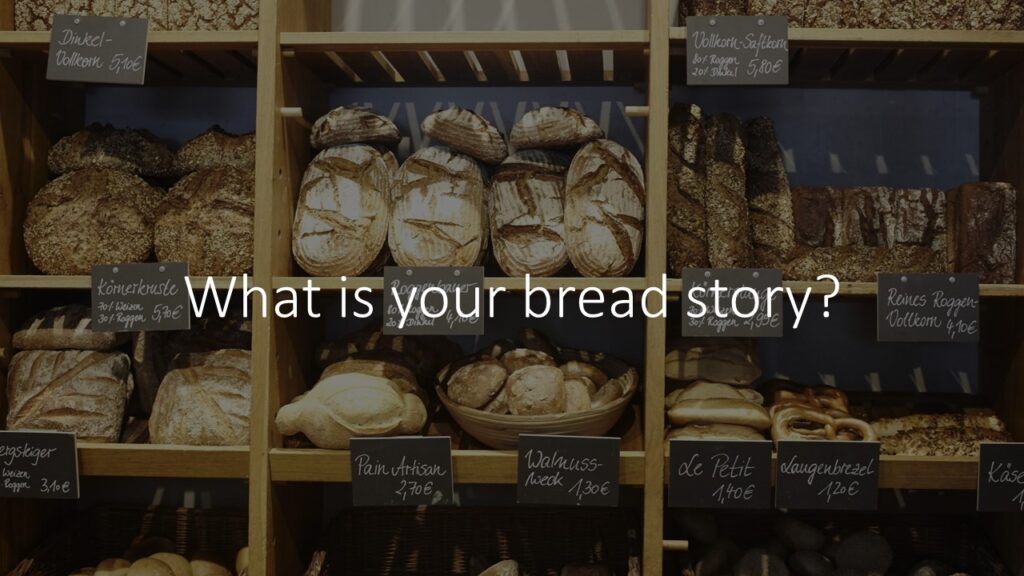Enhancing circularity and inclusivity in urban food transitions.
Theme Urban-Rural Circularity / Call i4CS Urban-Rural Circularity July 2022
Circularity shouldn’t be exclusive; it requires the involvement of everyone. The Dutch government, in the National Agreement on the Circular Economy, pledged to achieve a ‘waste-free economy,’ emphasizing the need for participation across all societal levels. Achieving circularity means reshaping how we produce and consume by reconsidering our use of environmental resources like food, water, and energy in our daily lives. It highlights that inclusivity is crucial for attaining circularity and zero-waste goals.
Cities can play a crucial role in bringing about important social, economic, and cultural changes, positioning them as pivotal players in adopting circular practices. However, there has been insufficient attention to understanding who is leading these changes and how they are taking into account the needs and challenges of less-represented or marginalized groups. Many cities are still a long way from achieving circularity and zero waste, presenting challenges for urban planners, technical designers, and decision-makers. Despite the availability of technical and policy solutions, there is a gap between the design of these innovations and the diverse needs of urban populations.
Food Systems
This study focuses on food systems in the context of circular practices. Moving towards circular food systems involves increased costs, changes in supply chains, investments in waste management, and more complex processes in growing, purchasing, consumption, and waste removal. These challenges can create obstacles to accessing healthy and affordable food for various segments of society. It highlights tensions between circularity and inclusivity. Proposed solutions often focus on technological approaches centered around exchanging outputs, but they often overlook the diverse needs and capacities present in urban environments.
As a result, there is a need for reflection on how societal needs and support for circular practices are being approached. The consortium recognizes the vast diversity within urban populations, including those with limited capacities and diverse perspectives whose needs are frequently overlooked. It is essential to better understand who is being left behind and whose needs and influences are not being considered in the design of circular food systems. This includes individuals with lower socio-economic status, physical disabilities, migrants, refugees, tourists, and those who do not speak Dutch or English.
Project Aim
This research explores the relation and possible tensions between circularity and inclusivity, and co-develops pathways towards more just, inclusive, and circular food transitions.
Moreover, we need to consider how we can harness and advance the inclusive food agenda for scientific advancement and societal impact.
The core questions are:
● What are the priorities of different communities in the urban context and how do they connect to sustainable and circular options offered by urban policy makers and planners?
● How do such communities appraise where urban circularity begins or end and how does that affect access to healthy and affordable food to the city population?
● In what ways do transdisciplinary processes and experiential tools help explore and illustrate the challenges faced by different members of the city to urban designers, planners, policy makers and researchers?
Experiential Learning
Instead of relying solely on theoretical ideas, this project uses experiential learning to explore these questions. It will gather insights from highly participatory approaches, which bring together perspectives, lived experiences, and challenges faced by marginalized communities.
Interactive narrative workshops help collect diverse perspectives to unpack the different practices related to food. During these workshops different prompts provide participants the opportunity to reflect on, record, and share how they engage with the topic. To make the food system concept more personal and tangible, bread is used as the boundary object.

A dual purpose
As such, experiential learning serves a dual purpose in this project. Firstly, it contributes to the inclusive design of the circular city. By focusing on developing healthy and accessible local food systems, the project aims to highlight the obstacles and experiences of people who may be left behind in the transition to circular food systems, which prioritize local, healthy, and zero waste practices.
Secondly, this approach provides urban design practitioners, food systems decision-makers, and technical infrastructure designers with experience of the challenges of the population they are designing for. These experiences can then be better considered in developing solutions, using methods such as simulations, food systems experiences guided by individuals from conventionally marginalized groups, mental modeling/mapping, and living labs.
These methods are used to understand how different groups of stakeholders perceive, engage with, and evaluate food systems and the potential options for changing them. Together, the EWUU alliance team aims to investigate the gaps that hinder the transition to a zero-waste system.
Research Team
- Jillian Student (WIMEK, WUR)
- Judith Klostermann (WUR)
- Meghann Ormond (WUR)
- Sigrid Wertheim-Heck (WUR)
- Jonas Colen Ladeia Torrens (UU/TU/e)
Links
Network meeting Het Groene Brein – November 10, 2023
Contact
If you are interested in knowing more about the project or participating/ hosting a “What is your bread story?/Wat is jouw broodverhaal?” workshop (in either English or Dutch), please feel free to reach out to: jillian.student@wur.nl